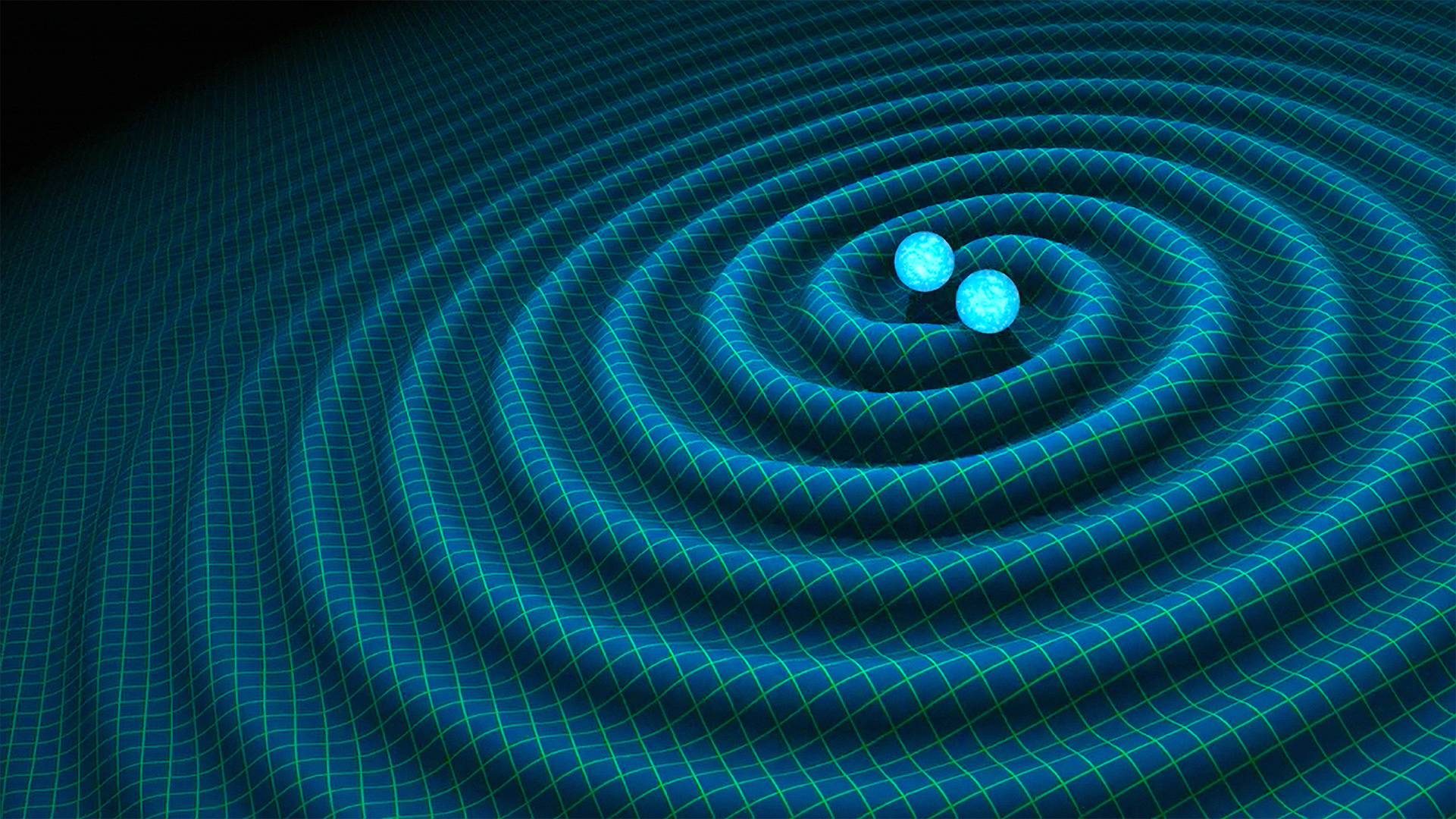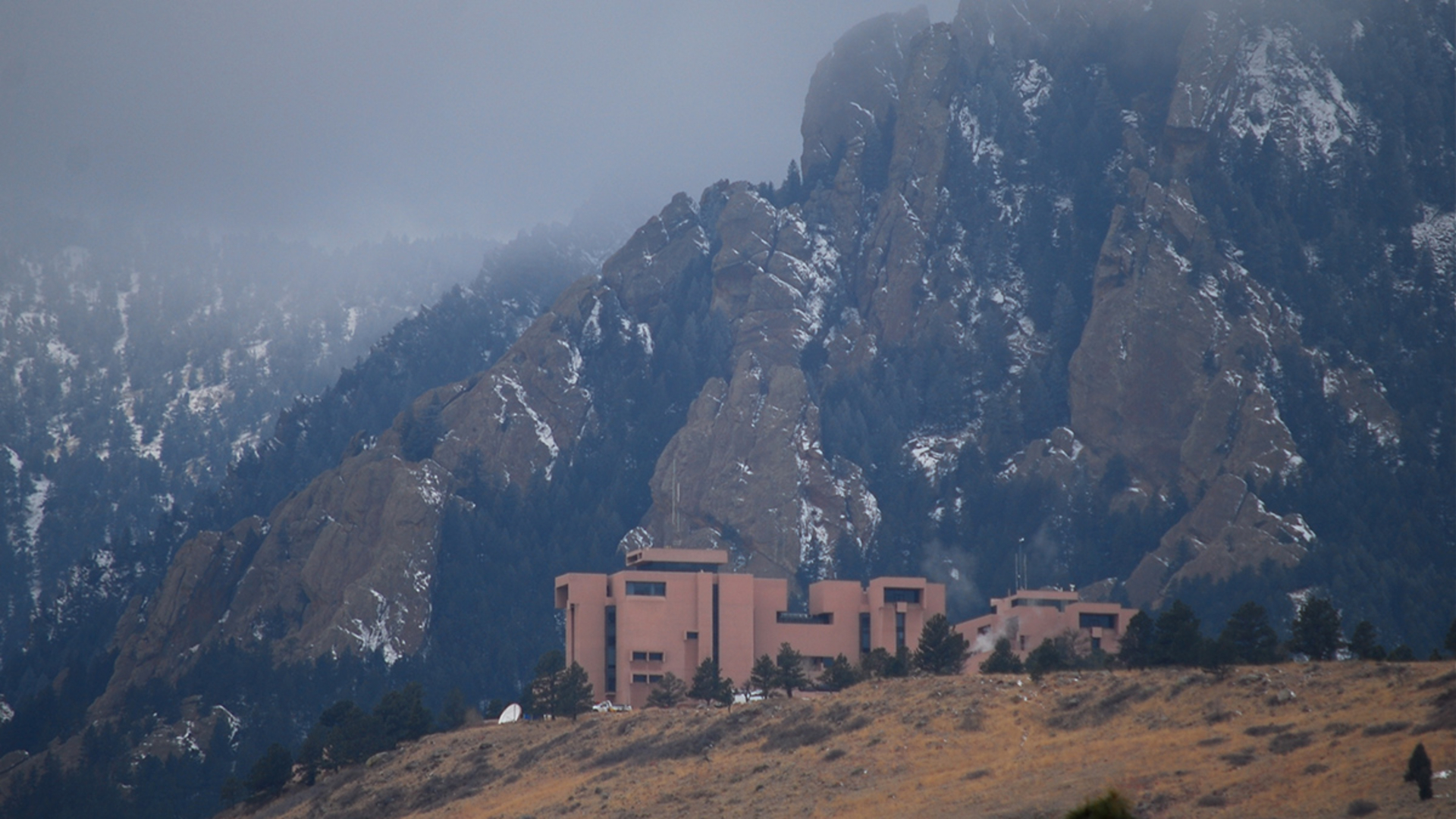'Orphan Memory' Could Broaden Gravitational Wave Hunt

Breaking space news, the latest updates on rocket launches, skywatching events and more!
You are now subscribed
Your newsletter sign-up was successful
Want to add more newsletters?

Delivered daily
Daily Newsletter
Breaking space news, the latest updates on rocket launches, skywatching events and more!

Once a month
Watch This Space
Sign up to our monthly entertainment newsletter to keep up with all our coverage of the latest sci-fi and space movies, tv shows, games and books.

Once a week
Night Sky This Week
Discover this week's must-see night sky events, moon phases, and stunning astrophotos. Sign up for our skywatching newsletter and explore the universe with us!

Twice a month
Strange New Words
Space.com's Sci-Fi Reader's Club. Read a sci-fi short story every month and join a virtual community of fellow science fiction fans!
There may be a new way to study gravitational waves.
These ripples in the fabric of space-time were first predicted by Albert Einstein a century ago, and first detected directly in 2015 by the Laser Interferometer Gravitational-Wave Observatory (LIGO) consortium.
Twice in that year, the LIGO team spotted gravitational waves spawned by black-hole mergers: once in September and once in December (though both detections were announced in 2016).
But the LIGO gear can "hear" gravitational waves only if they occur at certain frequencies. A new study by researchers at Monash University in Australia proposes a way to broaden the search by using something called "orphan memory."
Gravitational waves are a manifestation of the stretching of space-time, by black-hole collisions or other dramatic cosmic events. Once stretched, space-time doesn't return to normal, the scientists explained. It may therefore be possible to infer the presence of "parent" gravitational waves by studying the signatures such stretching leaves behind, according to the new study. (Hence the term "orphan memory," which refers to the notion that the parent is not around to observe.)
Orphan memory remains a speculative term at this point. But if the phenomenon can be observed, the researchers argue, scientists would be able to observe a broader range of gravitational waves.
"If there are exotic sources of gravitational waves out there — for example, from micro black holes — LIGO would not hear them because they are too high-frequency," study lead author Lucy McNeill, an astrophysicist at Monash, said in a statement. "But this study shows LIGO can be used to probe the universe for gravitational waves that were once thought to be invisible to it."
Breaking space news, the latest updates on rocket launches, skywatching events and more!
The new study was published earlier this month in the journal Physical Review Letters.
Follow Elizabeth Howell @howellspace, or Space.com @Spacedotcom. We're also on Facebook and Google+. Original article on Space.com.

Elizabeth Howell (she/her), Ph.D., was a staff writer in the spaceflight channel between 2022 and 2024 specializing in Canadian space news. She was contributing writer for Space.com for 10 years from 2012 to 2024. Elizabeth's reporting includes multiple exclusives with the White House, leading world coverage about a lost-and-found space tomato on the International Space Station, witnessing five human spaceflight launches on two continents, flying parabolic, working inside a spacesuit, and participating in a simulated Mars mission. Her latest book, "Why Am I Taller?" (ECW Press, 2022) is co-written with astronaut Dave Williams.
